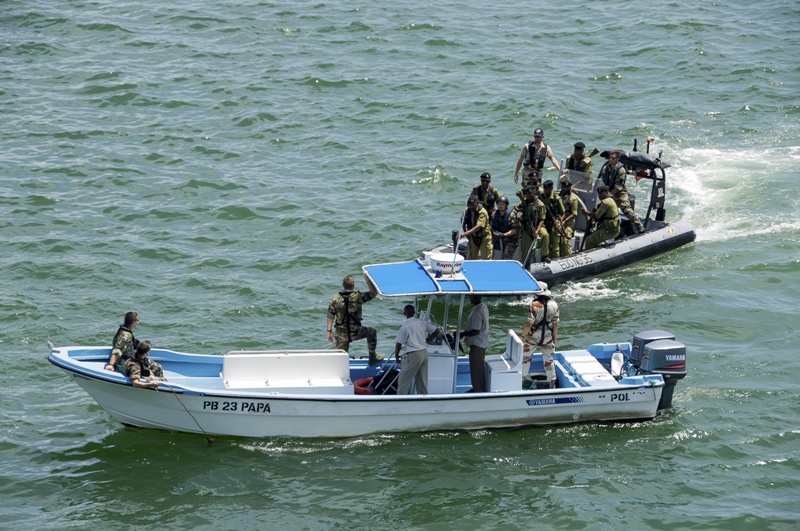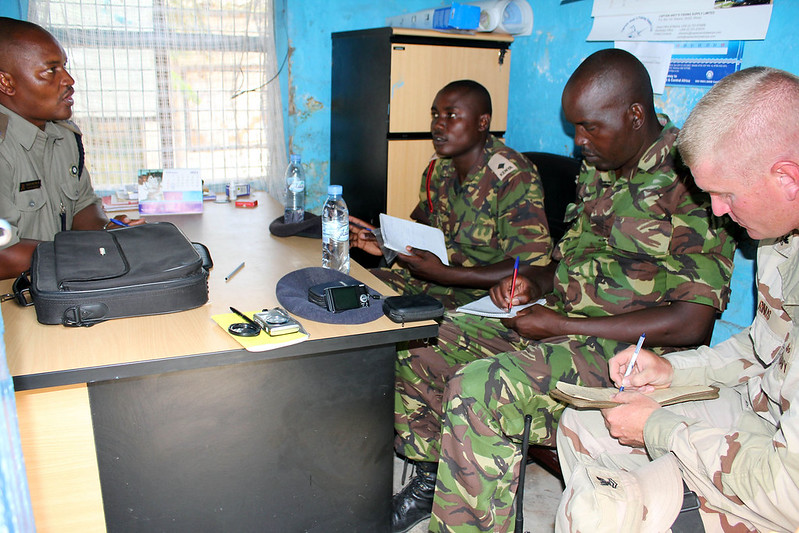Capacity building is the core term through which many global actors describe their international engagement today. While the concept of “capacity building” is anything but new, its arrival in international security discourse is relatively recent. Are we witnessing a major shift in terms of how security actors plan, implement and think about their international engagement?
Video – Blue Crimes: Rethinking the Maritime Security Agenda
Christian Bueger (SafeSeas/Uni of Copenhagen) Timothy Edmunds (SafeSeas/Uni of Bristol), Jason Eligh (Global Initiative), Maria Damanaki (ex-EU Marine Commissioner), Cathy Haenlein (RUSI) & Alan Cole (UNODC GMCP) featured in our latest event. The event discussed the blue crime concept, drawing upon a paper written by Tim and Christian. Read the paper related to the event … Read more


